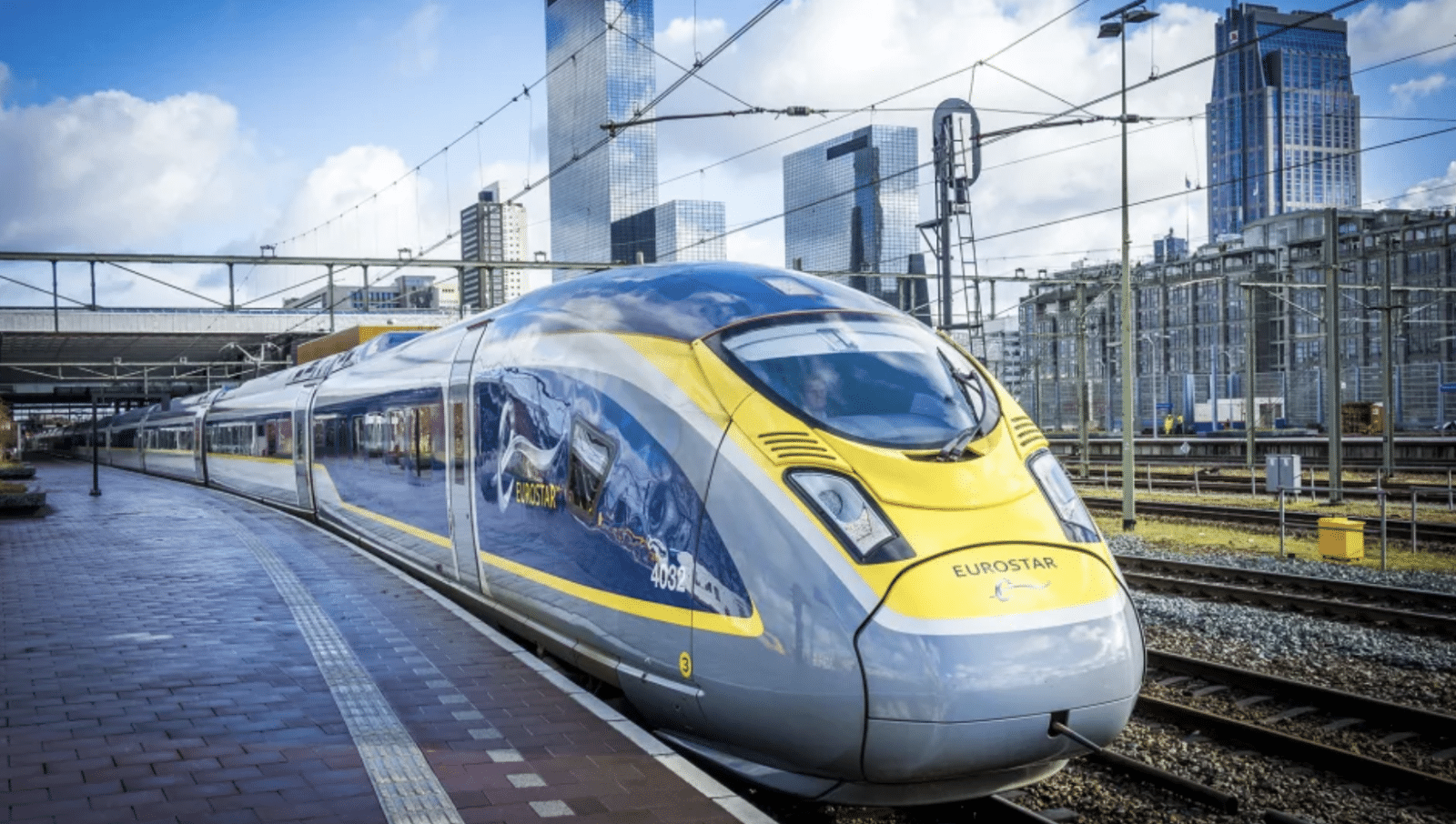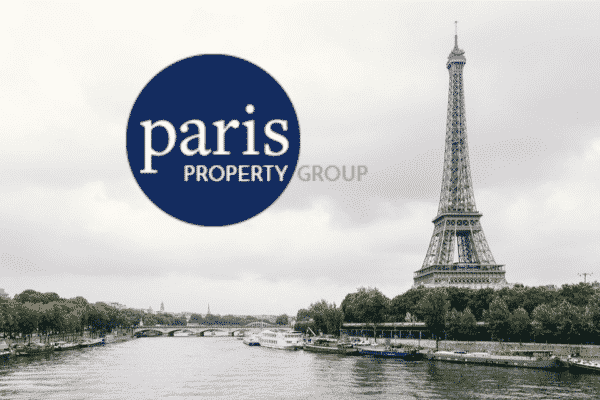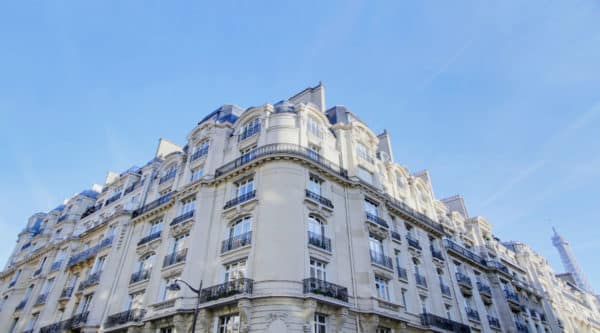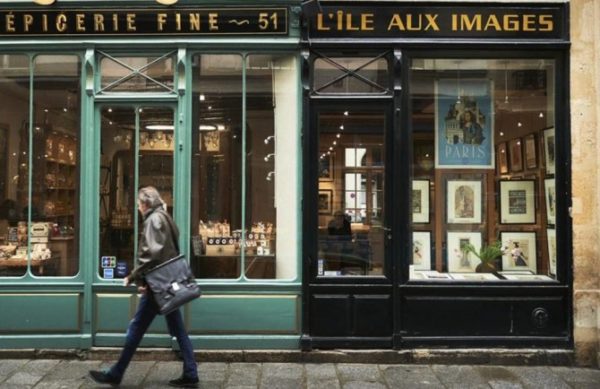Unlike the aviation industry, which swiftly adapts by adding new routes, constructing high-speed railways demands substantial time and colossal financial backing, especially when traversing international borders. One of the most significant bottlenecks exists in the Channel Tunnel, managed by Eurostar, connecting London, Paris, Brussels, and Amsterdam. Despite sufficient railway capacity, station limitations and constraints in border controls impede the service, often resulting in underutilized seats on trains.
In response to these challenges, innovative players like Heuro have emerged, intending to disrupt Eurostar’s monopoly. Heuro’s audacious plans aim to directly challenge Eurostar on the Amsterdam-Paris/London routes by 2028, vowing up to 15 trips daily to London and 16 to Paris. The initiative draws inspiration from the success of private Italian operator Italo and high-speed rail competition in Spain and France, striving to sway travelers from air to rail on some of Europe’s busiest short-haul air routes.
Heuro’s founder, Roemer van den Biggelaar, emphasizes the necessity for lower prices and an increased migration from planes to trains. Anticipating undercutting Eurostar, Heuro aims to augment connections to other cities upon successful operation. While Eurostar refrains from commenting on such announcements, previous high-speed rail competition in Italy and Spain has resulted in increased service frequencies, reduced fares by up to 40%, and a market surge by 300% on select routes over the last decade.
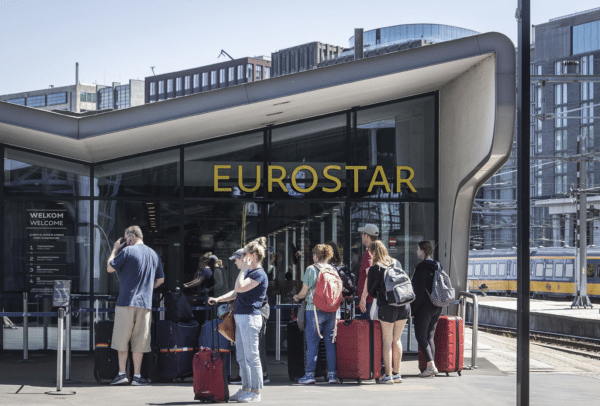
Nevertheless, the road ahead for newcomers faces formidable obstacles. With stringent Channel Tunnel fire regulations mandating compatible high-speed trains, securing safety protocols across multiple countries, and finding timetabled slots at congested stations, challenges abound for entrants seeking to establish themselves.
Meanwhile, the high-stakes rail rivalry sees other formidable players entering the scene. Virgin, under Richard Branson’s leadership, eyes a return to the rail sector to challenge Eurostar’s dominance, signaling a potential resurgence. Additionally, Spanish startup Evolyn aims to challenge Eurostar on the Paris-London route from 2025, though doubts linger regarding the feasibility of this ambitious target.
However, the most credible challenge to Eurostar appears on routes untouched by the political and operational quagmires impeding high-speed rail to London. Italian Railways’ subsidiary QBuzz seeks permission to operate Amsterdam-Brussels-Paris and Amsterdam-Cologne-Frankfurt using proven Frecciarossa high-speed trains. Expected to commence in January 2027, this initiative follows the notable impact Italy’s Trenitalia made on Paris-Milan and Paris-Lyon routes, significantly increasing passenger numbers while reducing fares.
Europe sets ambitious goals of doubling high-speed rail use by 2030 and tripling it by 2050, demanding a massive expansion of the network. Advocates stress the socio-economic and sustainability benefits of a pan-European high-speed rail network, calling for substantial investments from all EU member states to establish rail as the preferred mode of transport.
Despite the intricacies, challenges, and complexities ahead, the vision remains unwavering: to create an extensive, efficient, and sustainable high-speed rail network across Europe, providing affordable, comfortable, and environmentally friendly travel options for generations to come.
